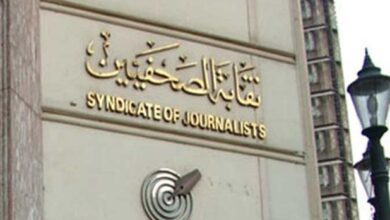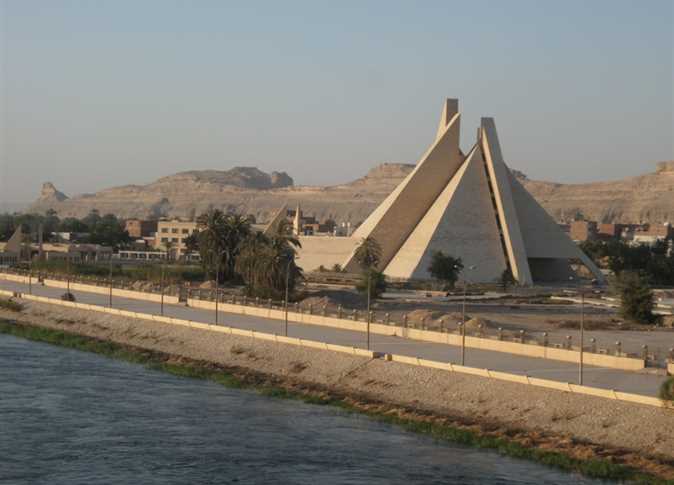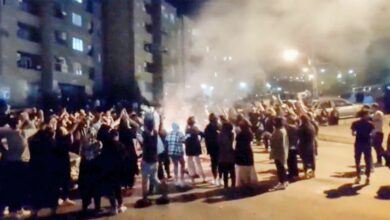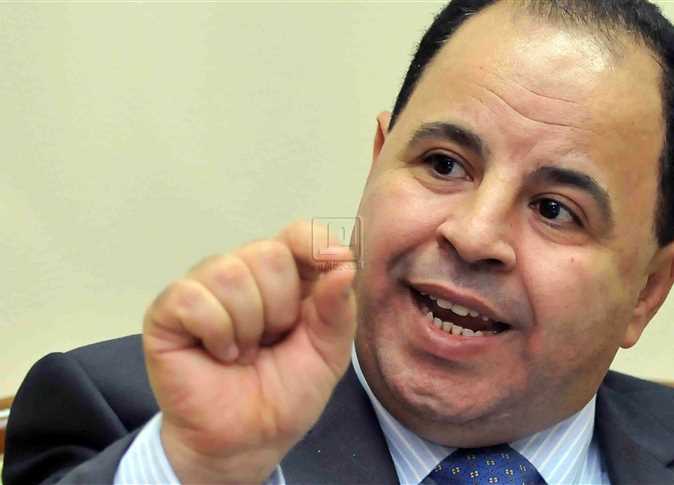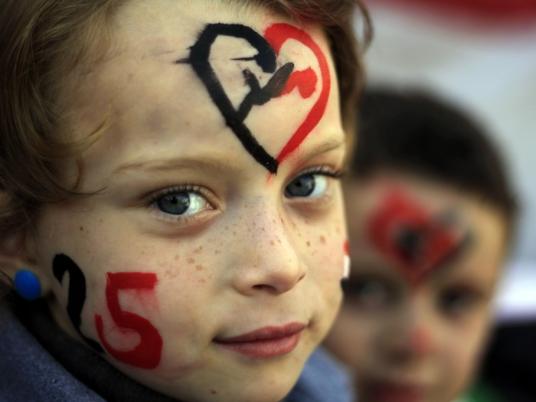
On the ninth floor of Samiramis hotel in Garden City, my boss is lying on the floor of the balcony with a camera, trying to get a close-up of protesters showered with tear gas on the Qasr al-Nil Bridge. We ended up there because we knew the hotel still had internet, despite the internet blackout the Mubarak regime imposed in an attempt to quell the revolution.
That day, the hotel told us they couldn't give us rooms with a view over Tahrir Square due to orders from security forces. Little did they know that by assigning us a suite on the opposite side, which looked out over Qasr al-Nil Bridge, we would witness ferocious battles between protesters and security in the lead up to the occupation of Tahrir Square. The hotel's management informed us earlier that we were prohibited from standing on the balconies. “Snipers are everywhere,” said one of the hotel workers.
We were around 20 reporters in the suite. Some updated the website on their laptops and others, including me, were on the phone, receiving news from reporters covering events around Cairo. Later, I was assigned to monitor developments on Qasr al-Nil Bridge. With mixed feelings horror and excitement, and despite the gas, I was handed a camera and I started filming the battle.
During these moments, I failed to realize what was happening — that this was a revolution. In the lifestyle section of the website, I write about fashion, eateries and health tips, and usually shy away from politics.
Now, I was surrounded by colleagues crying from emotion, while protesters called up to us from the street, telling us to join them in their march to Tahrir. It was bedazzling.
Suddenly, at 6 pm, I started crying. Whether those tears came from happiness or fear, I didn't know.
I knew that there wasn’t a way to go home and that we had to stick to each other until the following day, particularly because of the curfew that was imposed from 6 pm until 6 am.
By 9 pm, my mind went blank. I threw myself on the bed and switched to a Libyan TV channel showing Adel Imam’s famous play “Shahed Mashafsh Haga” (A witness who saw nothing).
We slept out of disappointment after we gathered around the television to watch President Hosni Mubarak give his first of what would be several speeches asserting that he would not step down.
At 6 am, the curfew was lifted, and I woke up to my home in downtown Cairo, near the hotel. I walked by the Corniche, through what had become a virtual ghost town: no police, no cars, no people — only crumbled pavement and burnt-out cars. A feeling of dread kept me company. As silence prevailed, a scary idea started to form. What if I got home and found that my family was gone?
But they were there, safe and warm as ever, and, like me, slowly grappling with what was unfolding.

